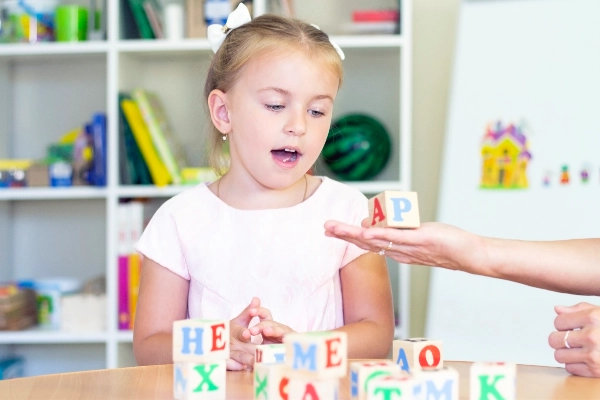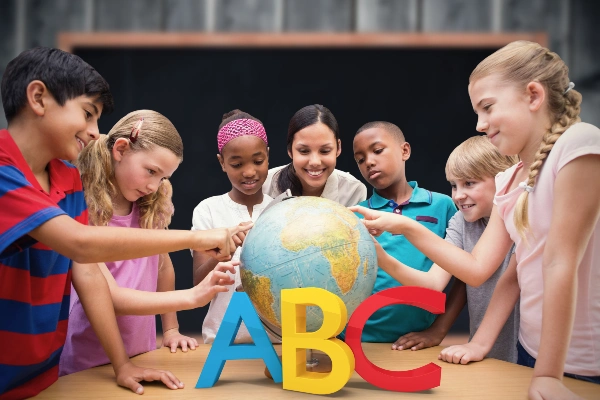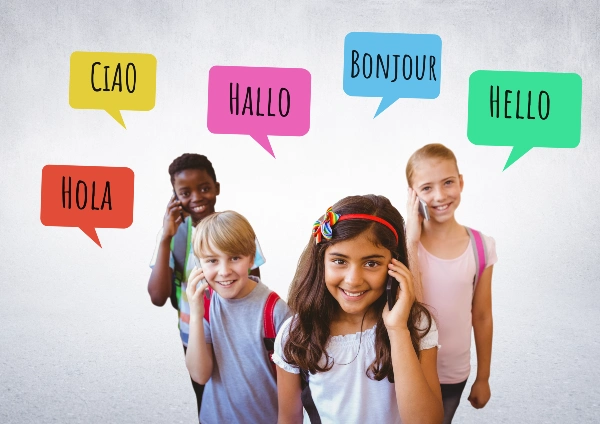We recognize the significance of learning a second language for children and the personal and professional benefits it offers to their life.

Whatever our future goals, bilingualism is always a very valuable skill, especially for children. On the journey to puberty, exercising new language skills provides a new perspective on viewing the world and encourages them to adopt new norms and civilizations.
In addition to fostering their sense of empathy and understanding of others at a key stage in their development, learning a foreign language opens avenues to professional success in a globalized society.
The following are some of the most fundamental reasons why learning a second language is crucial for the development of children and adolescents:
1. Understanding a second language increases empathy

When children learn a foreign language, they are exposed to the customs and values of a different culture. This helps people adopt a new perspective, enhancing their sensitivity to other cultures. Children’s personalities can be shaped by exposing them to different ways of perceiving the world and respecting where others are coming from during a vital stage of their development.
2. Bilingualism is beneficial to health

Speaking multiple languages is beneficial for the brain. By utilizing alternative receptors, the brain is forced to discover new methods to process information, thereby protecting its functionality. It is a means to boost our “cognitive reserve,” the brain’s ability to adapt to age-related degeneration.
3. Children have an educational advantage

There is no proof that children learn languages faster than adults. Still, they are typically less inhibited due to being in more comfortable situations, having more free time, and having fewer responsibilities.
4. Multilingualism increases and improves employment chances

Several studies have demonstrated an association between multilingualism and income. Employers admire this competence with languages since it relates to good communication skills and an international attitude, which increases the number of available positions.
Multilingualism is a characteristic of our globalized society. In this sense, acquiring a second language means having more possibilities to communicate with individuals with different opinions than our own and appreciating the world’s diversity.
5. Language study broadens one’s perspective of the world

Every language has its vocabulary, idioms, cultural allusions, and history. Young children are exposed to these traits, including the concepts they represent, new vocabulary, and grammatical distinctions, to provide them with the skills necessary to comprehend the world in a new way.






Leave a Comment